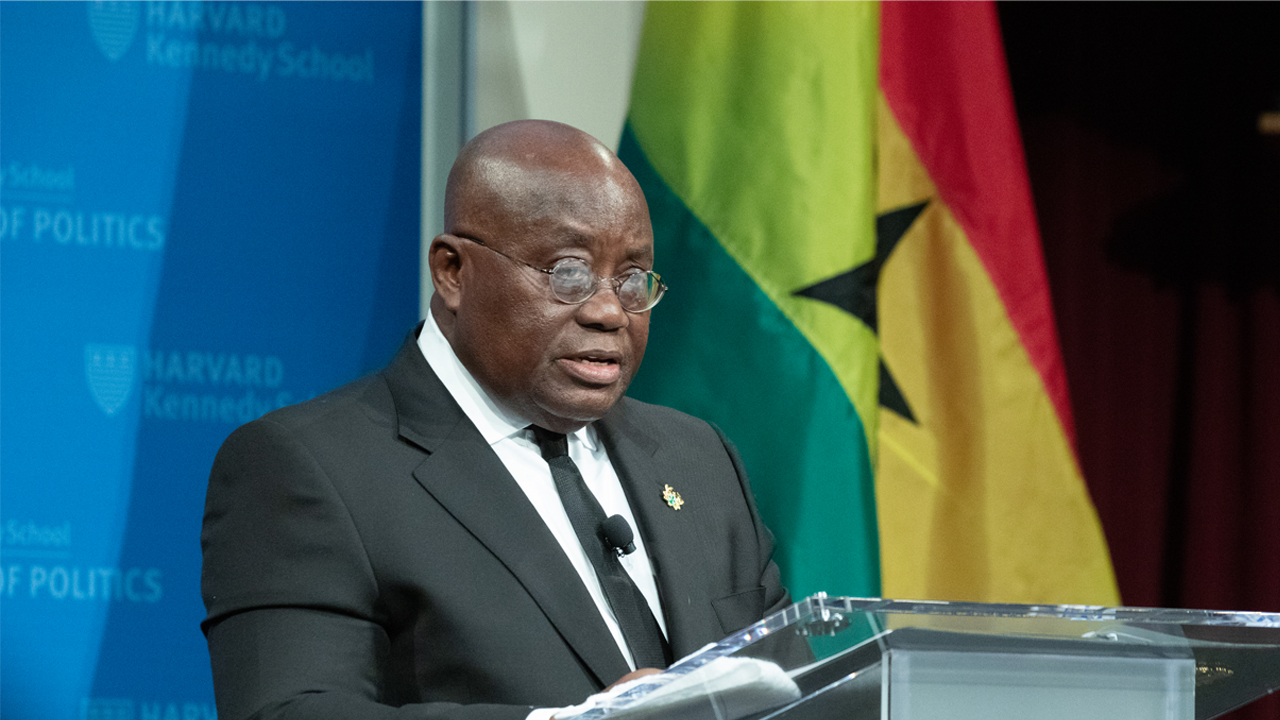Ghana Emerges First Blockchain-Powered Government in Africa
Ghana’s Vice President, Dr. Mahamudu Bawumia, has said that the next phase of Ghana’s digitization initiative is to establish itself as the first blockchain-powered government in Africa,...

Ghana’s Vice President, Dr. Mahamudu Bawumia, has said that the next phase of Ghana’s digitization initiative is to establish itself as the first blockchain-powered government in Africa, to combat corruption.
Ghana’s Vice President, Dr. Mahamudu Bawumia, has said that the next phase of Ghana’s digitization initiative is to establish itself as the first blockchain-powered government in Africa.
The technology’s automation features could save Ghana and the continent billions of dollars lost because of corruption.
Amidst other economic challenges, Ghana is currently facing a debt crisis, showing the importance of ensuring accountability.
Bawumia made this known at the 14th Regional Conference and Annual General Meeting of Heads of Anti-Corruption Agencies in Commonwealth Africa, in Accra.
Blockchain technology is often described as revolutionary across various sectors, including politics on a global scale. This technology can detect and record any alterations in digital data, providing a transparent and traceable record of transactions within the realm of governance.
Bawumia believes that this advancement would promote transparency and enable the government to combat corruption effectively, according to Ghanaweb.
The technology’s automation features could save Ghana and the continent billions of dollars lost because of corruption, bad governance, mismanagement and lack of accountability.
Amidst other economic challenges, Ghana is currently facing a debt crisis, showing the importance of ensuring accountability and preventing the misappropriation of public funds to stabilise the economy.
How digitization is changing Ghana
Talking about digital initiatives that the Government has implemented since 2017, Bawumia mentioned the ghana.gov portal, a one-stop platform for paying for public services electronically and enabling the government to collect GH¢201 billion since 2020.
Similarly, the digitization of passport acquisition processes, made the Passport Office see a huge rise in applications, increasing from 347,000 to 752,000. Also, revenues surged from GH¢12 million to GH¢94 million between 2018 and 2023.
Integration of public sector databases using the GhanaCard enabled the Controller and Accountant General’s Department to remove 29,000 ‘ghost’ pensioners from the public sector payroll, resulting in annual savings of GH¢480 million for the country.
By leveraging a unique identity card, the GhanaCard, the government could identify 44,707 ghost names on the National Service Scheme payroll, resulting in savings of GH¢356 million.
He urged Anti-Corruption Agencies across Africa to prioritize investment in digital forensics and tools to aid in tracking, tracing, and disrupting the corruption value chain.
The Vice President stressed that Ghana could fight corruption more efficiently if the Central Bank finally introduced the Central Bank Digital Currency (CBDC), otherwise known as the e-Cedi


No Comment! Be the first one.